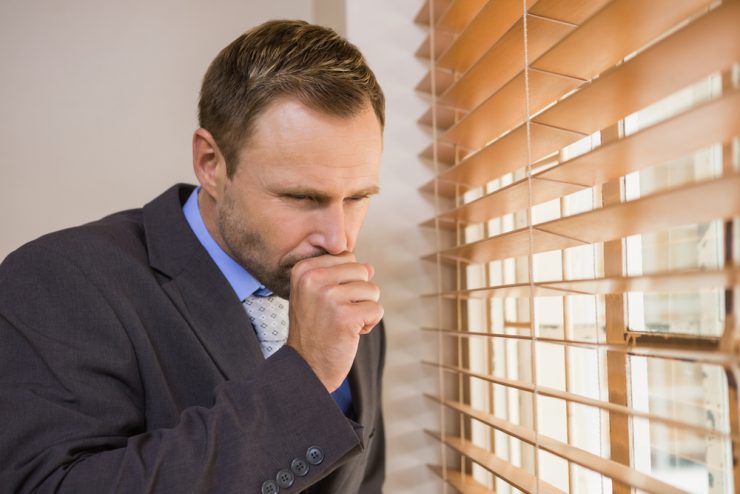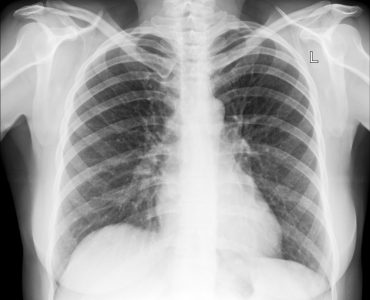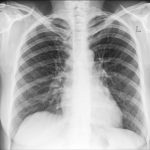Agoraphobia can be considered as a group of irrational fears relating to leaving one’s home, entering into the shops, travelling alone is trains, planes or buses and the presence in public or crowded area.
In such a case the person tends to avoid a situation which might increase his or her anxiety.
History of panic attacks is common in people with agoraphobia. A previous panic attack can cause agoraphobia. People feel that pain attacks can be a threat for life, which will make them stop breathing leading to heart attacks.
There are cases where agoraphobia can occur with pain attacks. Such cases may be due to fear from terrorism or crimes. It can even be due to illness or accidents.
Agoraphobia with panic disorder is a very common mental health condition.
Symptoms of agoraphobia
Symptoms of agoraphobia fall into three categories;
- Physical
- Psychological
- Behavioural
Some of the physical symptoms of agoraphobia are:
- rapid heart beat,
- hyperventilating
- feeling hot and sweaty,
- nausea,
- trembling,
- dizziness,
- ringing in one’s ears, and
- feeling faint.
The psychological symptoms include fear that
one will make a fool of oneself due to panic attacks.
It will be a threat to one’s life
One will become insane
For those without panic disorders, the symptoms are:
- Low self esteem,
- A feeling of dependency on others,
- Fear of being alone
- General dreaded ness and anxiety
- Depression.
Behavioural symptoms are of four types:
- Avoiding the situation causing agoraphobia
- Reassurance needed for a particular situation.
- Relying on certain persons or substance for ensuring safety.
- Escaping to a place where one feels he or she is safe
Causes of agoraphobia
Agoraphobia may be cause due to the imbalance of neurotransmitters, which affect human moods. It can also be caused due to the exposing of oneself to high sensory inputs.
The psychological factors contributing to agoraphobia are:
- a history of alcohol abuse or drug usage.
- A very traumatising childhood
- Any stressful experience say loss of job or death of spouse
- History of depression, bulimia or anorexia.
- A totally strained relationship
- An over controlling partner
Treatment for Agoraphobia
Cognitive behaviour therapy is used for treating agoraphobia. It involves teaching the patients to challenge their negative thoughts and act against them.
Cognitive delivered exposure aims at breaking the imaginary circle by administering the person to a condition where he or she predicts the outcome of possible real life situations.
Medicine therapies include administration of anti-depressant drug, selective serotonin reuptake inhibitors (SSRIs), which help in reducing anxiety by changing the level of neurotransmitters.
Side effects of using selective serotonin reuptake inhibitors are:
- nausea,
- sleep problems,
- headache, and
- sexual dysfunction.
Another drug which may be used for treatment is benzodiazepines, which act as sedatives.
Side effects of using this drug are:
- confusion,
- loss of balance,
- memory loss,
- drowsiness, and
- light-headedness












